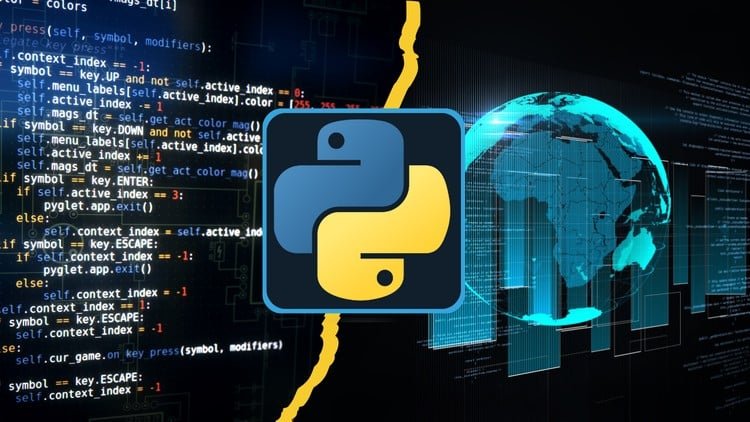If you’re looking to enhance your data analysis skills using Python, "Master Data Analysis with Python – From Beginner to Pro" is a fantastic course that caters to both novices and those with some experience. This course takes you through a comprehensive journey, equipping you with the tools and techniques necessary to harness the power of data analysis in today’s data-driven world.
What you’ll learn
This course is designed to arm you with a solid foundation in data analysis while pushing you to professional levels. Here are the key areas you’ll cover:
- Python Programming Basics: Understand the fundamentals of Python, including syntax, data types, and functions.
- Data Manipulation with Pandas: Learn how to use the Pandas library for data wrangling, cleaning, and manipulation.
- Data Visualization: Get hands-on experience with libraries such as Matplotlib and Seaborn to create visually appealing charts and graphs.
- Exploratory Data Analysis (EDA): Master techniques to analyze datasets, identify patterns, and derive insights.
- Statistical Analysis: Gain a grasp of statistics as it applies to data analysis, enhancing your ability to make data-driven decisions.
- Real-World Projects: Apply what you’ve learned through practical projects that mirror real-life data analysis tasks.
By the end of the course, you will not only understand the core concepts of data analysis using Python but also be proficient enough to tackle various data-centric challenges.
Requirements and course approach
This course is structured to suit learners from various backgrounds. Here are the requirements and the approach taken throughout the course:
- Prerequisites: No prior programming experience is needed; however, basic knowledge of statistics can be beneficial.
- Tools and Software: You’ll primarily use Jupyter Notebook, a fantastic interface for interactive coding, alongside essential libraries such as NumPy, Pandas, Matplotlib, and Seaborn.
- Learning Style: The course is designed to be interactive and project-based. Each module builds upon the last, ensuring a gradual and comprehensive learning experience. Engaging video content, quizzes, and practical exercises help reinforce the skills you gain, making it easier to apply your knowledge in real-world situations.
Who this course is for
"Master Data Analysis with Python" is ideal for:
- Beginners: Individuals with no programming background who are eager to dive into the world of data analysis.
- Intermediate Learners: Those who have some familiarity with Python and want to sharpen their skills and extend their knowledge in data analysis.
- Data Enthusiasts: Anyone passionate about data and looking to build a career in data science or analytics.
- Professionals in Other Fields: Individuals in sectors like marketing, finance, or operations who wish to leverage data for improved decision-making.
This course provides a sturdy bridge between theoretical concepts and practical application, making it a valuable resource for a diverse audience.
Outcomes and final thoughts
Upon completion of this course, you will have a well-rounded skill set in data analysis using Python. You will confidently conduct exploratory data analysis, create impressive visualizations, and even apply basic statistical methods. The knowledge gained through real-life projects will make you a more attractive candidate in the job market, whether you’re seeking data-related roles or aiming to enhance your current position.
In conclusion, "Master Data Analysis with Python – From Beginner to Pro" is a highly recommended course for anyone looking to build a strong foundation in data analysis and Python programming. With its structured content and focus on practical applications, you’ll be well on your way to becoming a proficient data analyst. Investing time in this course may very well be one of the best decisions you make for your professional development in the field of data science.






